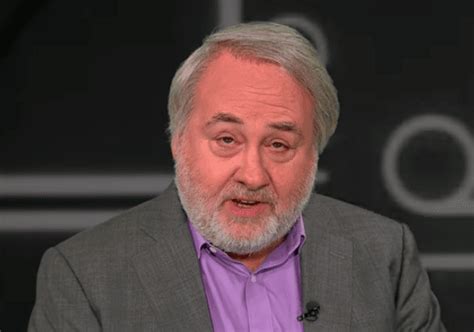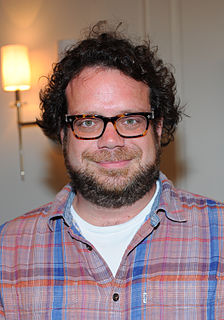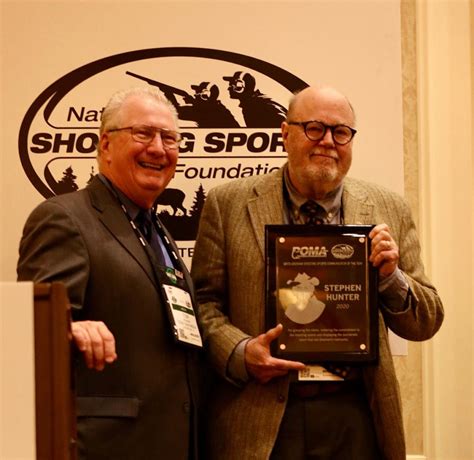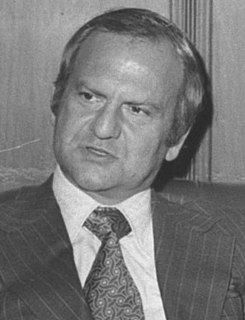A Quote by David Edelstein
Well, the movie isn't bad. For a while, I even told myself I liked it, even as it missed one mark after another. But in the end, it's shapeless and blandly apolitical, apart from its watered-down feminism. You see, Fey's Kim Baker - changed from Barker - transforms herself from a neophyte reporter, condescended to by male war correspondents, soldiers and Afghan officials, into a hard-charging political animal who speaks the language fluently and parties as hard as men. That's about as edgy as a sitcom.
Quote Topics
About
Afghan
After
Animal
Another
Apart
Apolitical
Bad
Baker
Changed
Charging
Down
Edgy
End
Even
Feminism
Fey
Hard
Herself
In The End
Kim
Language
Liked
Male
Mark
Men
Missed
Movie
Myself
Officials
Parties
Political
Political Animal
Reporter
See
Sitcom
Soldiers
Speaks
War
War Correspondent
Well
While
Related Quotes
It's hard for comic actors used to pulling faces just to be on screen, but Tina Fey does a good job. I liked watching her. The part, though, isn't filled in. When Baker announces that she's gotten too used to the madness of Afghanistan, that she's worried she's thinking of it as normal, the sentiment comes out of nowhere. The dramatic arc in "Whiskey Tango Foxtrot" is nonexistent. The movie evaporates in the mind like water in the Afghan desert.
As a critic, I try to stay neutral about movies before I see them, but I really wanted "Whiskey Tango Foxtrot" to be great. It's based on a barbed memoir by Kim Barker called "The Taliban Shuffle: Strange Days In Afghanistan And Pakistan." And its stars Tina Fey, out of her comfort zone, just as Barker was a fish out of water when, in 2004, she began covering the Afghanistan occupation for the Chicago Tribune.
Writing is hard work, and if anything's true about the process, it's that fact that a good story is hard to find and even trickier to get on paper. What's less romantic than staring alone at a blank screen? And edgy? I've changed the cat little because I didn't know what my characters were going to say next.
I think Memento movie was hard because people didn't get it, they just didn't understand it. Not from the stage when we read the script and liked it. It's sort of a famous story now how we finished the movie and showed it to distributors and nobody wanted it. So it wasn't just they didn't get the script, they really didn't even understand the movie when it was done. But I think that was a particularly hard one. I don't think it was harder because we were girls, but I do think obviously there are particular challenges to working in a male-dominated industry.
Dr. Ambrose himself told Mark Nechtr...that the problem with young people, starting sometime in about the 1960s, is that they tend to live too intensely inside their own social moment, and thus tend to see all existence past age thirty or so as somehow postcoital. It's then that they'll relax, settle back, sad animals, to watch- and learn, as Ambrose himself said he learned from hard artistic and academic experience- that life instead of being rated a hard R, or even a soft R, actually rarely even makes it into distribution. Tends to be too slow.
The debate was wearing me out. Once you've posed that question, it won't go away. I think many people kill themselves simply to stop the debate about whether they will or they won't. Anything I thought or did was immediately drawn into the debate. Made a stupid remark--why not kill myself? Missed the bus--better put an end to it all. Even the good got in there. I liked that movie--maybe I shouldn't kill myself.
Most men love women. Most men are intrigued and bedeviled by them. Most men spend their lives dreaming about women. It's the most natural, normal thing in the world to do, but here comes the left and the Democrat Party trying to politicize even male-female relationships by inculcating into them things like feminism, proper political behavior.
I sometimes think about that, when I finish in something big I find it even hard, I feel like I lose an actual noticeable percentage of my reading time. Even on the reader end I find it so hard when a book that I love so much ends, to find the kindness to enter into a new one. Do you know what I'm saying? To find my way in, I feel like even there's that space after. I just love inhabiting a book that hits right.


































